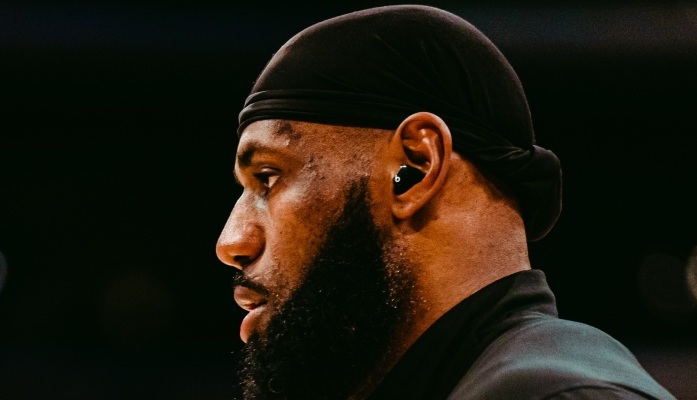
In the struggle for autonomy, the engineers at Mercedes-Benz grabbed the electric cars† A prototype of the brand has traveled 1,000 kilometers without recharging, with a battery that is comparable in capacity to current models, the manufacturer announced on Thursday. Above all, this achievement should soon benefit consumers. Indeed, the model has “tested for the first time technologies that will appear in series in two to three years”, assured Markus Schäfer, responsible for research and development on the board of the German group.
Named “EQXX”, the car traveled 1,008 km between the group’s research center in Sindelfingen in southernGermany and Cassis, on the French Riviera. It arrived after almost 12 hours, with the equivalent of approximately 140 km of range. Connecting Germany to the south of France made it possible to test “different profiles” of roads, temperatures and slopes, with the challenge of crossing the Italian Alps in particular, Markus Schäfer noted.
Less than 10 kWh per 100 kilometers
Equipped with a batteryAt around 100 kilowatt hours (kWh), the highly efficient prototype only consumed an average of 8.7 kWh per 100 kilometres, less than half of current comparable models. According to Mercedes, this experience shows that a decrease of “nearly 10 kWh” is “absolutely realistic, even for a production car in the near future”.
The recipe for success: aerodynamic profile, improved braking energy recovery, a lighter battery, solar panels on the roof to power the on-board systems, new lighter materials and a transmission system with very little energy loss. The same car with “the most efficient thermal engine”, according to the official, would have consumed “at least three to four liters” of fuel for 100 km: the electrical energy consumed is equal to “about one liter”, but the efficiency of the traditional transmission is less economical than electrical technology.
A new battery chemistry by 2024
In particular, a new battery chemistry makes it possible to make it denser, so smaller and less heavy for so much capacity. This is “the next generation of chemistry”, which the manufacturer aims to deploy on a larger scale by 2024.
The electric S-class EQS, currently on the market, the current spearhead of the group’s luxury electric vehicle with over 100,000 euros, consumes according to the approval between 16 and 17 kWh over 100 km – often more in real conditions. The autonomy is 780 km according to the WLTP standard. The 3 and S models from competitor Tesla have an autonomy of up to 650 km according to WLTP for a consumption generally between 16 and 20 kWh per 100 km.



